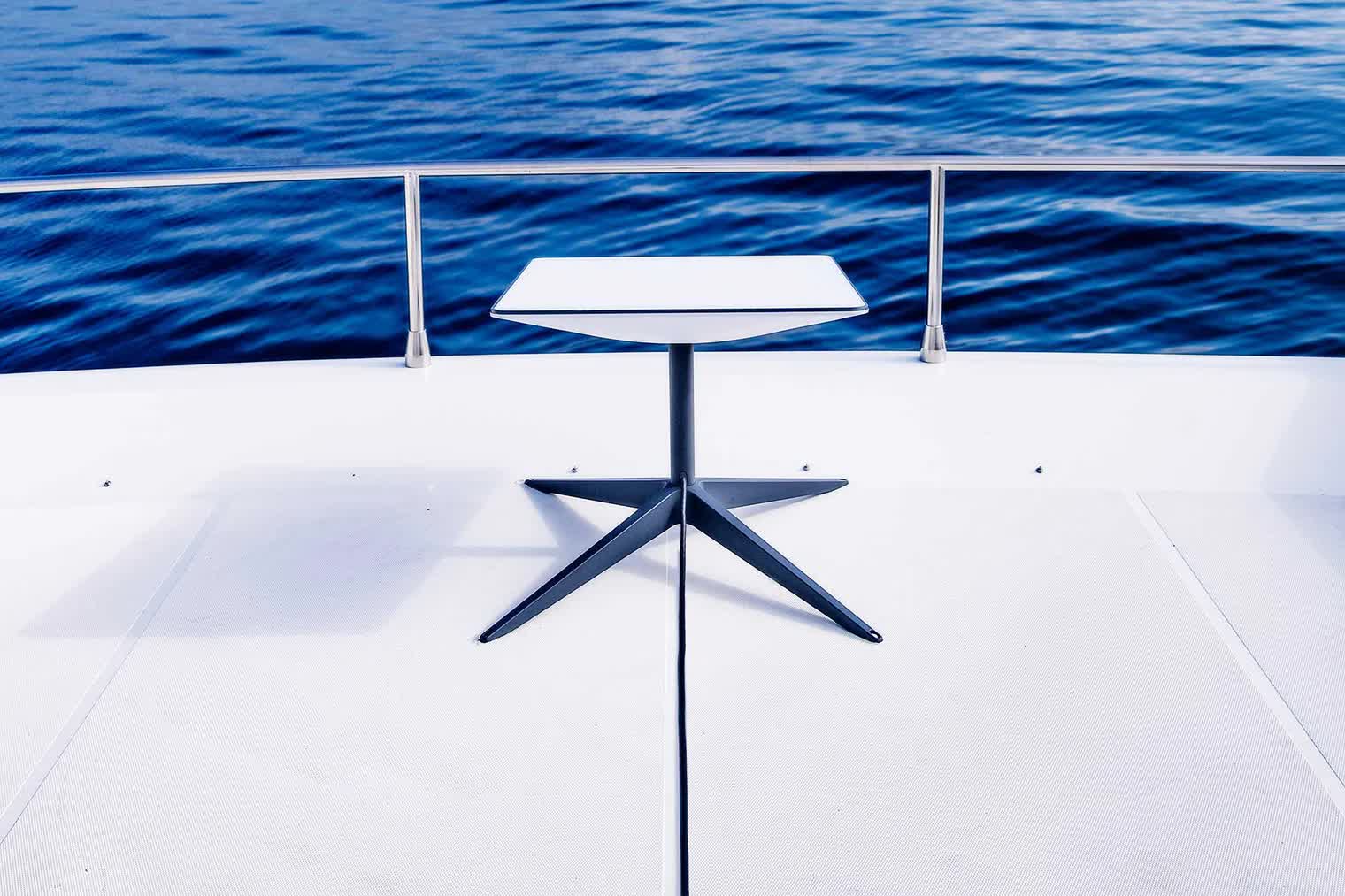What just happened? Have you ever gazed at your yacht and wished it achieved pretty fast download speeds while out at sea? It's a first-world problem most of us are unlikely to face. But if you do happen to own a maritime vehicle without internet, you probably won't mind paying $5,000 per month for Starlink's service.

SpaceX's Starlink has launched a version of its internet service called Starlink Maritime, which, as the name suggests, is designed for the extreme conditions faced by boats, ships, yachts, and oil rigs.
Starlink Maritime doesn't come cheap. First, customers must buy a pair of rugged Starlink dishes for a one-time cost of $10,000. They must then pay $5,000 per month to access the service. For comparison, Starlink's residential and RV services have a $599 hardware fee and cost $110 (home) or $135 (RV) per month, though using the latter while the vehicle is in motion voids the warranty.
Like the RV version, Starlink Maritime customers can pause the service when it's not being used. It also comes without a data cap, but SpaceX does warn against excessive use.
The service's "performance goals" consist of download speeds between 100-350Mbps and uploads of 20-40Mbps. Latency, however, is <99ms, notes The Verge.
Users won't be able to get a connection everywhere in the world. It currently only works in coastal waters off the US (including the Great Lakes but not Alaska), Europe (except most of Norway, Sweden, and Finland), Australia, Brazil, Chile, most of the southern part of Australia, and New Zealand. More regions will be added in Q4.
While the initial outlay and monthly cost of Starlink Maritime are obviously very expensive, CEO Elon Musk notes that SpaceX was paying $150,000 per month to an unnamed service for a "much worse" internet connection to its ships. SpaceX has also posted a comparison video (above) on Instagram to promote its product.
No, it's dual, high performance terminals, which are important for maintaining the connection in choppy seas & heavy storms.
— Elon Musk (@elonmusk) July 7, 2022
Still obv premium pricing, but way cheaper & faster than alternatives.
SpaceX was paying $150k/month for a much worse connection to our ships!
Last week, the Federal Communications Commission granted SpaceX authorization to use its Starlink satellite internet system on vehicles in motion, including cars, aircraft, and boats.
https://www.techspot.com/news/95228-starlink-launches-internet-service-boats-costs-5000-month.html